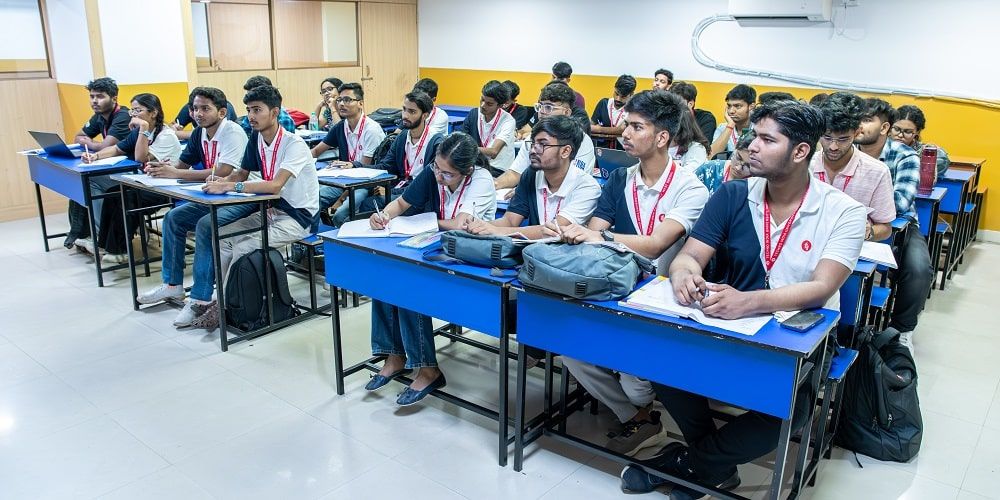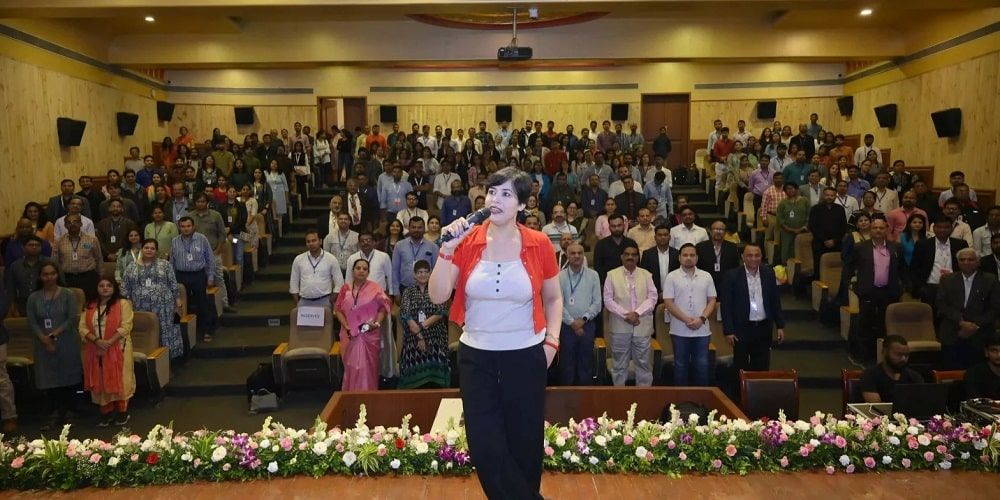
Cyber security fundamentals – Understand core concepts in cybersecurity, including threat modeling, vulnerability assessment, and risk management.
Network security – Learn to secure networks through firewall configuration, intrusion detection, and prevention systems.
Ethical hacking & penetration testing – Gain hands-on experience with ethical hacking techniques, identifying system vulnerabilities to enhance cyber security.
Digital forensics – Study methods for collecting, preserving, and analyzing digital evidence to investigate cybercrimes and data breaches.
Cryptography – Learn data encryption and decryption techniques to ensure the confidentiality and integrity of sensitive information.
Incident response & disaster recovery – Develop skills in cyber security and digital forensics to manage and respond to security incidents, ensuring quick recovery and continuity.
Secure software development – Study secure coding practices and application security to minimize software vulnerabilities.
Cloud security – Understand security protocols and tools for protecting cloud environments, including identity management and compliance.
Cyber law & compliance – Learn about global cybersecurity laws, regulations, and standards to ensure adherence to legal and ethical practices.
Malware analysis – Gain insights into malware behavior, analysis techniques, and tools for combating malicious software.
Capstone project – Apply knowledge and skills to a real-world project, solving a complex security or forensic problem through research and implementation.
Semester 1
- Digital Fundamentals and Ethical Practices
- Programming Paradigms and Software Design
- Applied Mathematics-I
- Basic Electronics and System Interfaces
- Design Thinking for Engineers
- Communication Skills
- Co-Curricular - I
Semester 2
- Object Oriented Programming
- Operating Systems
- Computer Organization Architecture
- Applied Mathematics-II
- Data Structures & Algorithms
- Human Relationship at Workplace
- Advanced Communication Skills
Semester 3
- Computer Networks
- Python Programming
- Database Management Systems
- Distributed System
- Probability and Statistics for Computational Science
- Cloud Computing and Virtualization
- Minor - I
Semester 4
- Web Technologies
- Network security and Cryptography
- Ethical Hacking and Cyber Practices
- Design and Analysis of Algorithms
- Psychological Warfare in Cyberspace
- Information security (NPTEL)
- Minor - II
Semester 5
- Cyber Forensics and Investigation
- Malware Analysis
- Dark Web Investigations and Cloud Security
- Secure System Security Architecture
- AI-Driven Cybersecurity & Threat Intelligence
- Minor - III
- Open Elective
Semester 6
- Secure Cyber Physical System
- Incident Response and Disaster Recovery (IDS/IPS)
- Embedded system forensics
- Blockchain
- Mini Project
- Minor - IV
- Open Elective
Semester 7
- Security Analytics
- Research Methodology
- Research Project and Publication
- Risk Identification and Mitigation
- OE
- Minor - V
Semester 8
- Innovation & Entrepreneurship
- Major Project
- Internship
No Certifications Available For Selected Course.
Want to build a successful Cyber Security and Digital Forensics career in India? Let’s learn about your career opportunities:
- Cybersecurity Analyst
- Digital Forensics Investigator
- Ethical Hacker
- Security Consultant
- Incident Response Specialist
- Malware Analyst
- Network Security Engineer
- Cloud Security Specialist
Cybersecurity helps prevent cybercrimes, while computer forensics helps recover data when an attack occurs and helps identify the culprit behind the crime.
Cyber Security and Digital Forensics are critical fields in today's digital age, where cyber threats and data breaches are increasingly sophisticated. The scope extends to securing networks, preventing cyberattacks, protecting sensitive data, and investigating digital crimes. With the rise of technologies like IoT, cloud computing, and artificial intelligence, the demand for skilled professionals in these areas is growing across industries such as finance, healthcare, government, and e-commerce.
Graduates can explore roles such as:
- Cyber Security Analyst
- Ethical Hacker/Penetration Tester
- Digital Forensics Investigator
- Information Security Manager
- Incident Response Specialist
- Security Architect
- Threat Intelligence Analyst
- Compliance and Risk Manager
These roles are in demand in IT firms, government agencies, law enforcement, consulting firms, and multinational corporations.
Key advancements include:
- AI and Machine Learning in Cyber Defense: Automated threat detection and response systems.
- Zero Trust Security Models: Enhanced authentication and minimal access frameworks.
- Blockchain for Data Security: Immutable ledgers for secure data transactions.
- Quantum Computing Challenges: Preparing for quantum-proof encryption.
- Forensic Tools for Cloud and IoT Devices: Investigating cybercrimes in emerging technologies.
These advancements are driving innovation in securing digital infrastructure and investigating cyber incidents.
The course typically covers:
- Introduction to Cyber Security
- Network Security and Cryptography
- Ethical Hacking Techniques
- Incident Response and Threat Analysis
- Digital Forensics Tools and Techniques
- Malware Analysis
- Cyber Laws and Compliance
- Secure Software Development
- Penetration Testing
- Cloud Security
These subjects provide a comprehensive understanding of both preventive and investigative aspects of cyber security.
Students gain:
- Proficiency in identifying and mitigating security threats.
- Expertise in ethical hacking and penetration testing.
- Advanced forensic analysis skills to investigate cybercrimes.
- Knowledge of encryption and cryptographic protocols.
- Risk management and compliance understanding.
- Team collaboration and incident management abilities.
- Strong analytical and problem-solving capabilities.
The program often includes hands-on experience with:
- Kali Linux for penetration testing.
- Wireshark for network analysis.
- Metasploit for vulnerability assessment.
- FTK and EnCase for digital forensics investigations.
- Splunk and SIEM tools for threat monitoring.
- Blockchain Security Tools for secure data management.
- Firewalls and IDS/IPS systems for intrusion detection and prevention.
Programming languages such as Python and Java for automation and development.
Yes, the program emphasizes practical learning and includes:
- Hands-on labs: Simulating real-world scenarios for cyberattacks and forensic investigations.
- Internships: Opportunities with leading cybersecurity firms, law enforcement agencies, and IT companies.
- Capstone projects: Solving complex cyber security challenges.
- Workshops and certifications: Training in tools like CEH (Certified Ethical Hacker), CHFI (Computer Hacking Forensic Investigator), and CISSP (Certified Information Systems Security Professional).
- Practical exposure ensures students are industry-ready upon graduation.
The average salary of a candidate holding a B.Tech. Cyber Security and Digital Forensics degree is INR 1,00,000 - INR 2,50,000 LPA.
The B.Tech in Cyber Security and Digital Forensics course is a four-year undergraduate program.














































 info@seamedu.com
info@seamedu.com
 +91 9225088657
+91 9225088657


